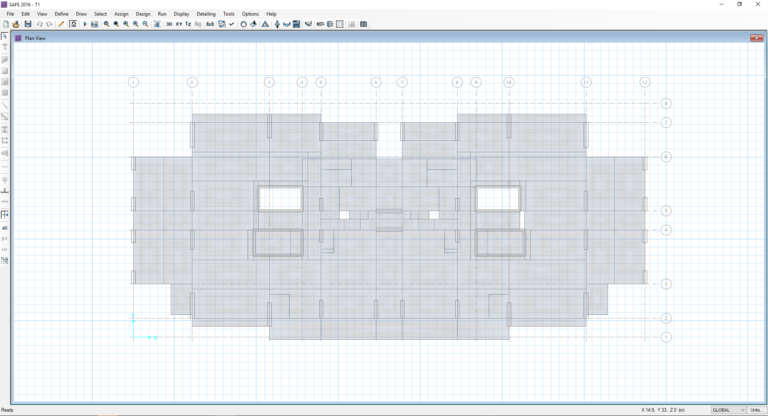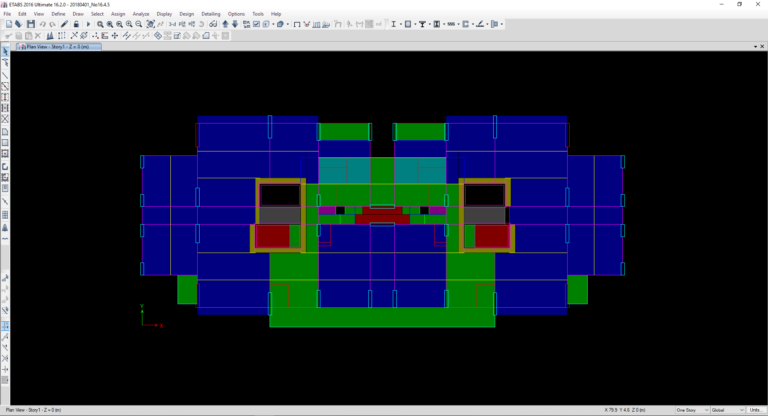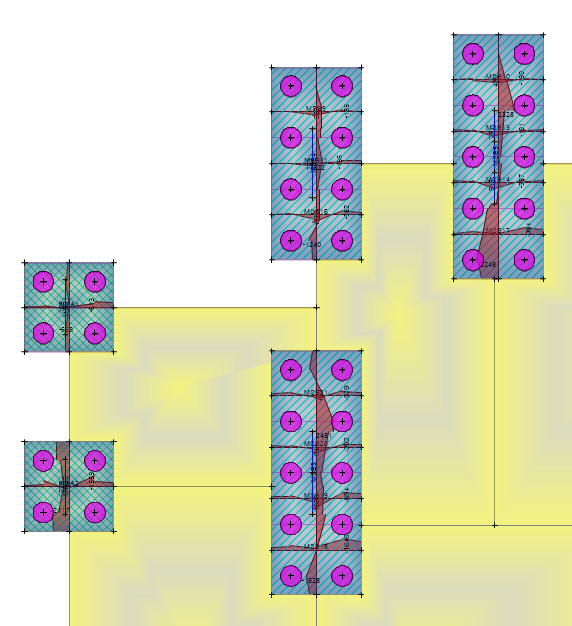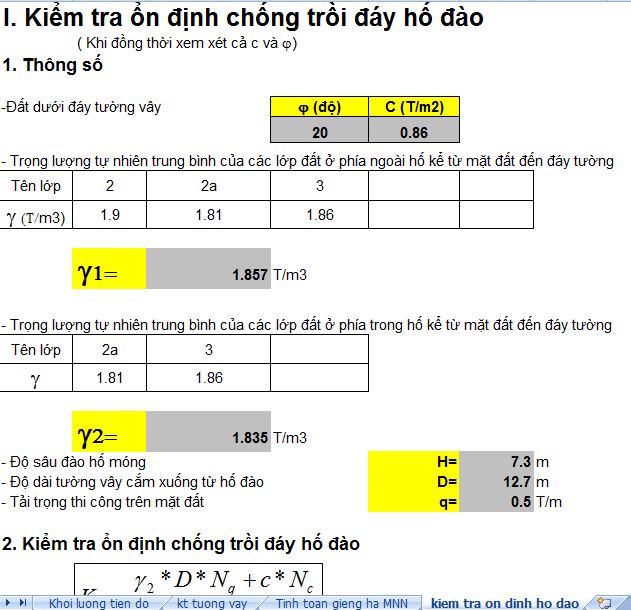Topic irs where's my refund calendar 2023: Discover the excitement of tracking your tax refund with the IRS\'s Where\'s My Refund tool calendar for 2023! Claiming the Earned Income Tax Credit (EITC) or the Additional Child Tax Credit (ACTC)? Find out when you can expect your refund to arrive. With the IRS issuing a staggering $825 million in individual income tax refunds per calendar year, it\'s time to stay up to date. Mark your calendars for January 12, 2023, when the tax season officially begins and get ready for a seamless and hassle-free refund experience.
Table of Content
- When does the IRS begin accepting and processing individual tax returns for the 2023 tax season?
- When does the IRS start accepting and processing individual tax returns for the 2023 tax season?
- What is the significance of January 25, 2023, for individuals claiming the Earned Income Tax Credit (EITC) or the Additional Child Tax Credit (ACTC)?
- YOUTUBE: IRS Tax Refund Schedule 2023
- How much money does the IRS issue in individual income tax refunds per calendar year?
- What is the purpose of the Where\'s My Refund tool and how can individuals use it to check the status of their tax refund?
- What is the Earned Income Tax Credit (EITC) and how does it affect the timing of tax refund processing?
- What is the Additional Child Tax Credit (ACTC) and how does it impact the timing of tax refund processing?
- On what date does the IRS begin the 2023 tax season?
- On what date does the IRS start accepting and processing individual tax returns for the 2022 tax year?
- What are the key dates and deadlines individuals should be aware of for the 2023 tax season, including those related to the Earned Income Tax Credit?
When does the IRS begin accepting and processing individual tax returns for the 2023 tax season?
According to the Google search results, the IRS begins accepting and processing individual tax returns for the 2023 tax season on January 23.
READ MORE:
When does the IRS start accepting and processing individual tax returns for the 2023 tax season?
According to the Google search results, the IRS starts accepting and processing individual tax returns for the 2023 tax season on January 23, 2023. This information is listed under point 3 in the search results.
What is the significance of January 25, 2023, for individuals claiming the Earned Income Tax Credit (EITC) or the Additional Child Tax Credit (ACTC)?
On January 25, 2023, if you are an individual who is claiming the Earned Income Tax Credit (EITC) or the Additional Child Tax Credit (ACTC), it is significant because it is the date when you can expect your refund. These tax credits are refundable, meaning that even if you don\'t owe any taxes, you may still be eligible to receive a tax refund based on these credits.
The IRS (Internal Revenue Service) usually holds refunds for tax returns that claim the EITC or ACTC until mid-February to perform additional checks and reduce fraud. This is done to ensure that the credits are accurately claimed and to prevent any fraudulent claims.
By January 25, 2023, the IRS will have completed the necessary processing and verification of tax returns that claim these credits, allowing them to start issuing refunds to eligible individuals. Therefore, if you have claimed either the EITC or ACTC on your 2022 tax return, you can check the status of your refund using the \"Where\'s My Refund\" tool provided by the IRS.
It\'s important to note that the specific timing and availability of funds may vary based on individual circumstances and the IRS\'s processing capabilities. Therefore, it\'s advisable to regularly check the \"Where\'s My Refund\" tool for the most accurate and up-to-date information on the status of your refund.
IRS Tax Refund Schedule 2023
Discover the eagerly awaited IRS tax refund schedule for 2023 and plan your financial year accordingly. Learn about the specific dates and timelines for receiving your refund, ensuring you make the most of your hard-earned money. Watch our informative video to stay informed and prepared for a smooth tax season!
IRS Tax Refund Calendar 2023: When will state and federal tax refunds be sent out?
Did you know you may be eligible for both state and federal tax refunds? Dive into our video to understand how these refunds work, the differences between them, and the steps to maximize your returns. Our expert advice will help you navigate the process and ensure you receive every dollar you\'re owed.
How much money does the IRS issue in individual income tax refunds per calendar year?
The information in the Google search results states that the IRS issues $825 million in individual income tax refunds per calendar year.
What is the purpose of the Where\'s My Refund tool and how can individuals use it to check the status of their tax refund?
The purpose of the \"Where\'s My Refund\" tool is to provide individuals with a way to check the status of their tax refund. It allows taxpayers to track the progress of their refund and determine when they can expect to receive it.
To use the \"Where\'s My Refund\" tool, individuals can follow these steps:
1. Visit the official IRS website at www.irs.gov.
2. Look for the \"Refunds\" tab on the homepage and click on it.
3. On the \"Refunds\" page, locate the \"Where\'s My Refund\" link and click on it.
4. You will be redirected to the \"Where\'s My Refund\" tool page.
5. Provide the required information, including your Social Security number or Individual Taxpayer Identification Number, your filing status, and the exact refund amount as entered on your tax return.
6. Click on the \"Submit\" or \"Check Status\" button to proceed.
7. The tool will then display the status of your refund, which could be one of the following:
- Return Received: The IRS has received your tax return.
- Refund Approved: The IRS has processed your refund and approved it for payment.
- Refund Sent: The IRS has sent your refund to your bank or mailing address.
- Refund Deposit Date: This date indicates when you can expect the refund to be deposited into your bank account.
8. If there are any issues or concerns with your refund, the tool may provide instructions on how to resolve them or provide contact information for further assistance.
By using the \"Where\'s My Refund\" tool, individuals can conveniently track the progress of their tax refund and have a better understanding of when they can expect to receive it.
_HOOK_
What is the Earned Income Tax Credit (EITC) and how does it affect the timing of tax refund processing?
The Earned Income Tax Credit (EITC) is a refundable tax credit for low to moderate-income working individuals and families. It is designed to provide assistance to those who have earned income but may still have difficulty meeting their basic needs. The credit amount varies based on factors such as income, filing status, and the number of qualifying children.
When it comes to the timing of tax refund processing, the EITC can affect it in a couple of ways. First, if you claim the EITC on your tax return, the IRS is required to hold your refund until mid-February regardless of when you filed. This delay is to allow the IRS time to verify that taxpayers claiming this credit are eligible and to help prevent fraud.
Additionally, if you claim the Additional Child Tax Credit (ACTC) along with the EITC, your refund may also be delayed. This is because the IRS is required to hold refunds for taxpayers claiming both credits until at least the first week of March.
So, if you are eligible for the EITC and/or the ACTC, it is important to be aware that your refund may be delayed compared to other taxpayers who are not claiming these credits. You can use the \"Where\'s My Refund\" tool on the IRS website to check the status of your refund and get an estimated date of when you can expect to receive it.
What is the Additional Child Tax Credit (ACTC) and how does it impact the timing of tax refund processing?
The Additional Child Tax Credit (ACTC) is a refundable tax credit designed to help families with low to moderate incomes. It is meant to provide them with additional financial support by reducing their tax liability or even resulting in a tax refund.
Here\'s how the ACTC impacts the timing of tax refund processing:
1. Filing a Tax Return: To claim the Additional Child Tax Credit, you must file a tax return, typically Form 1040 or 1040A. Make sure you meet all the necessary eligibility requirements, including having a qualifying child and meeting the income guidelines.
2. Processing and Verification: After you submit your tax return, the IRS will review and process it. This includes verifying the information you provided, ensuring that you meet all the eligibility criteria for the ACTC.
3. EITC/ACTC Delay: In the past, taxpayers who claimed the Earned Income Tax Credit (EITC) or the Additional Child Tax Credit experienced a delay in receiving their tax refunds. This delay was implemented as a security measure to help detect and prevent fraudulent claims for these credits.
4. PATH Act: The Protecting Americans from Tax Hikes (PATH) Act of 2015 has further impacted the timing of tax refund processing for those claiming the EITC or ACTC. Under this law, the IRS cannot issue refunds for tax returns that claim these credits until mid-February.
5. Processing Time: Once the IRS begins processing tax returns that claim the ACTC, it typically takes additional time to review and verify the claimed credits. This can lead to a longer processing period for these returns.
6. Refund Date: The IRS does not provide specific refund dates for individual taxpayers. However, using the \"Where\'s My Refund\" tool on the official IRS website is an effective way to check the status of your refund and get a general idea of when you can expect to receive it.
Overall, while claiming the Additional Child Tax Credit can provide additional financial support for families, it\'s important to be aware of the potential delay in tax refund processing if you are eligible for this credit. Make sure to file your taxes accurately and timely, and use the \"Where\'s My Refund\" tool to track the status of your refund.

On what date does the IRS begin the 2023 tax season?
According to the Google search results, the IRS will begin the 2023 tax season on January 23rd.
IRS Where\'s My Refund? January 2023 Updates Calendar
Start your new year on the right foot with the latest January 2023 updates in the world of taxes. Our comprehensive video covers the most important changes, deductions, and credits you need to be aware of, ensuring you\'re ahead of the game and can take full advantage of all your tax benefits.
IRS Tax Refund Calendar 2023: When will State & Federal Tax Refunds be Sent Out?
Want to make sure you make the most of your state and federal tax refunds? Check out our video for key insights and strategies to maximize your returns. Our expert tips will guide you through the process, helping you understand the eligibility criteria, documents required, and how to navigate potential challenges.
On what date does the IRS start accepting and processing individual tax returns for the 2022 tax year?
According to the Google search results, the IRS starts accepting and processing individual tax returns for the 2022 tax year on January 23, 2023.
READ MORE:
What are the key dates and deadlines individuals should be aware of for the 2023 tax season, including those related to the Earned Income Tax Credit?
Based on the search results, here are the key dates and deadlines individuals should be aware of for the 2023 tax season, including those related to the Earned Income Tax Credit (EITC):
1. January 12, 2023: The IRS announces the official start of the 2023 tax season, indicating that they will begin accepting and processing individual tax returns for the year 2022.
2. January 23, 2023: This is the official starting date for the IRS to begin accepting and processing individual 2022 tax returns.
3. January 25, 2023: If you are claiming the Earned Income Tax Credit (EITC) or the Additional Child Tax Credit (ACTC), this is the earliest date you can expect to receive your refund. The EITC is a tax credit for low-income working individuals and families. The ACTC is a refundable tax credit available to taxpayers who have at least one qualifying child.
4. January 27, 2023: The IRS begins issuing refunds for taxpayers who claim the EITC or ACTC. It is important to note that this is the earliest date, and actual refund issuance may take some time depending on various factors. The IRS encourages taxpayers to use their \"Where\'s My Refund\" tool to check the status of their refund.
These are the key dates and deadlines that individuals should keep in mind for the 2023 tax season, especially if they are eligible for the Earned Income Tax Credit or Additional Child Tax Credit. It is always recommended to refer to the official IRS website or consult with a tax professional for the most accurate and up-to-date information regarding your specific tax situation.
_HOOK_












